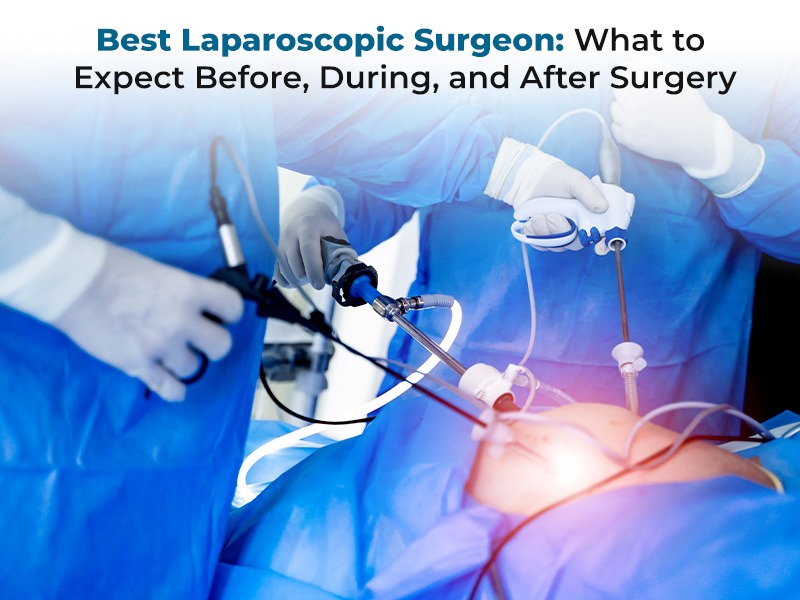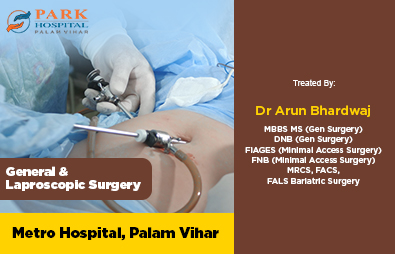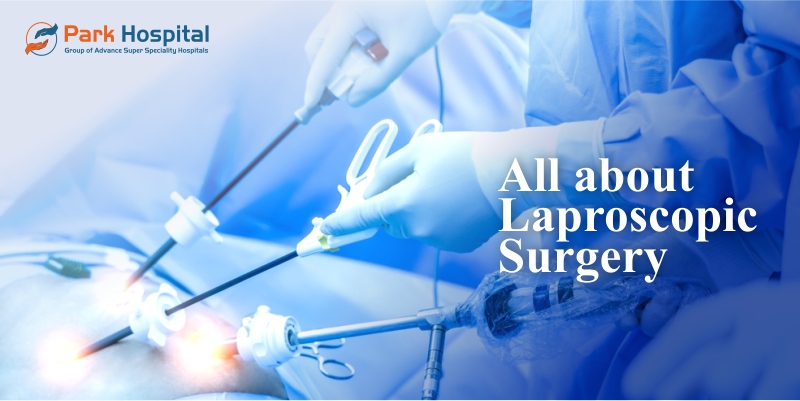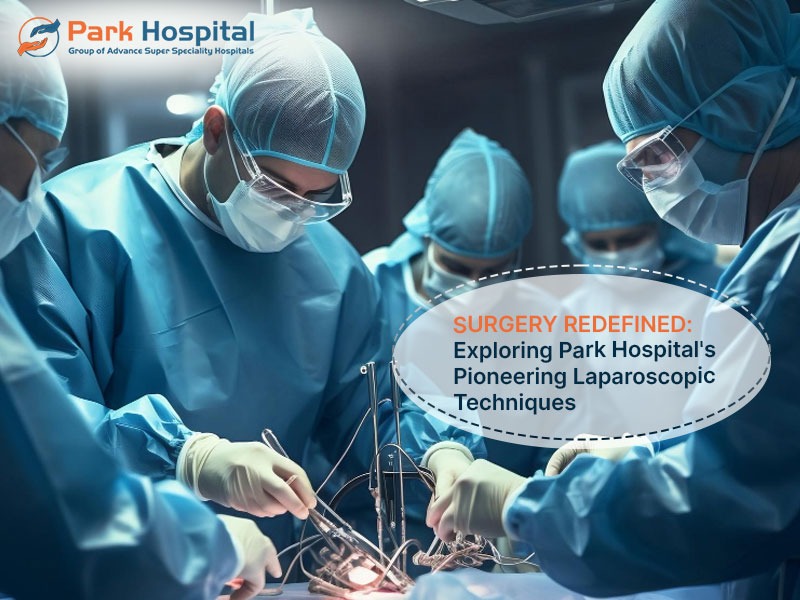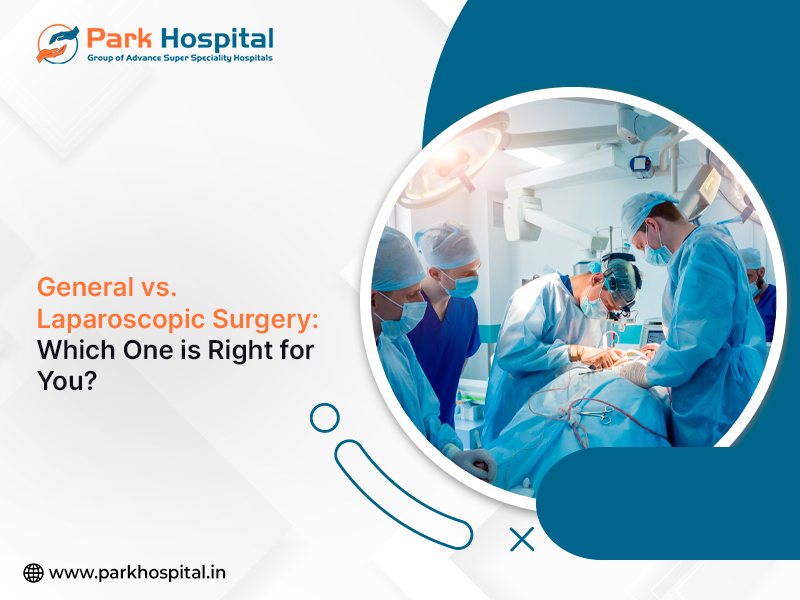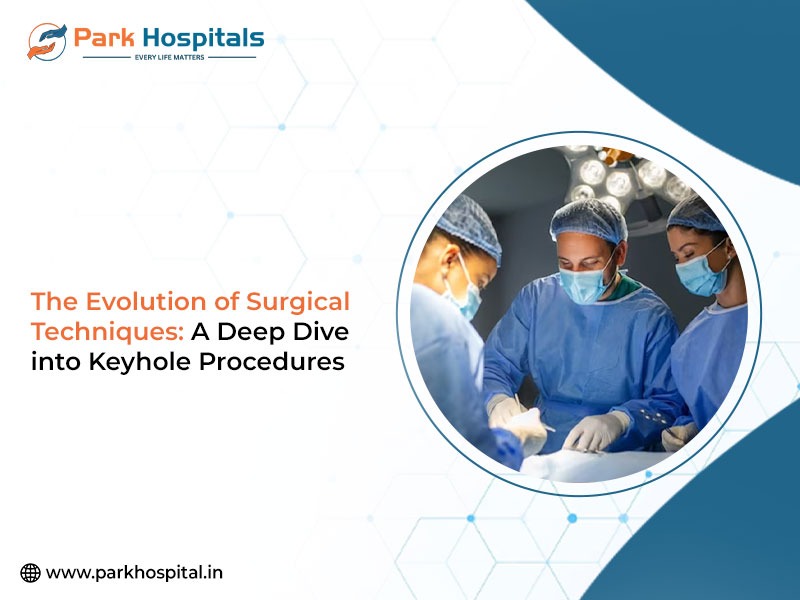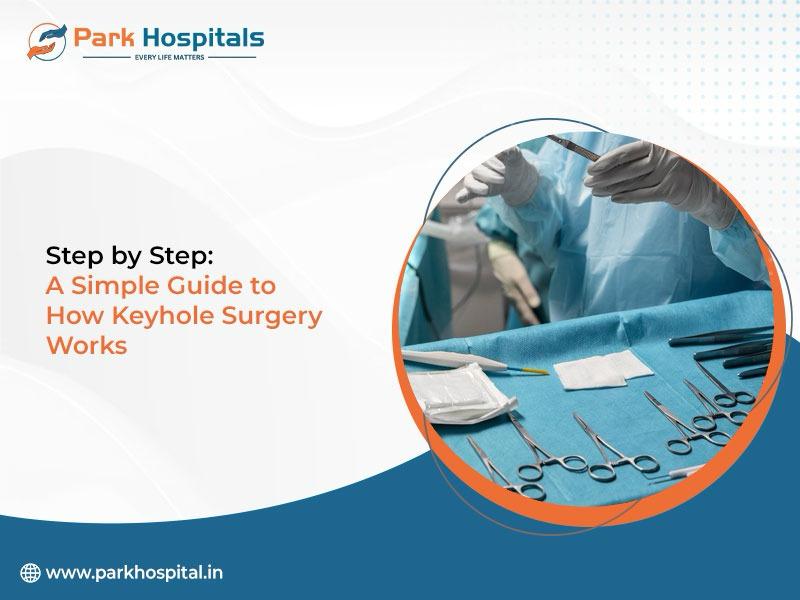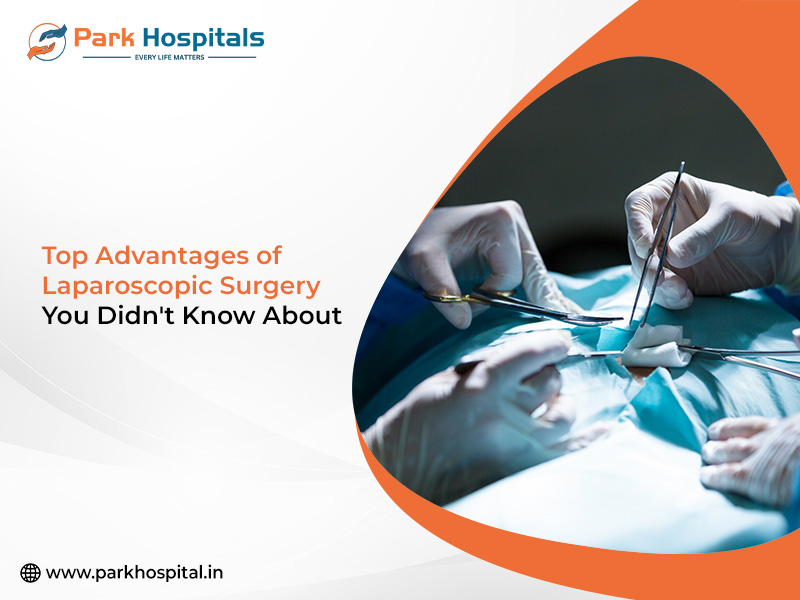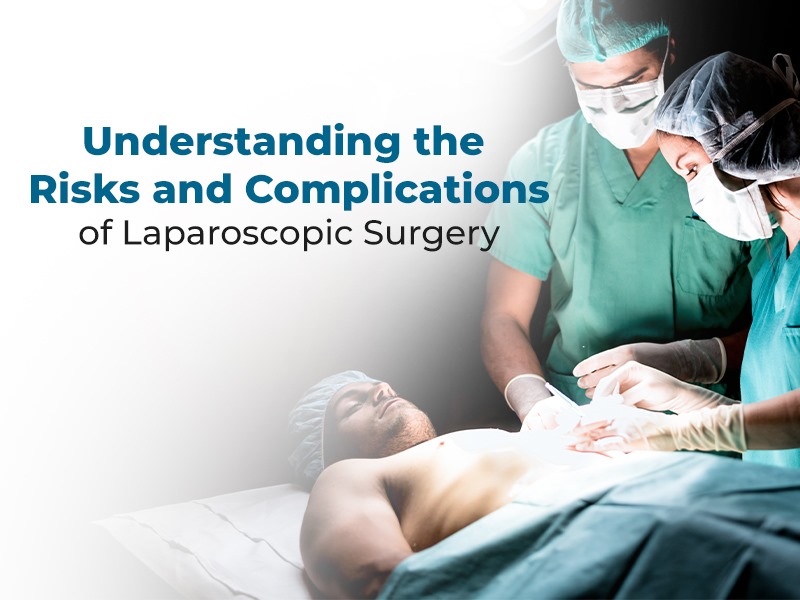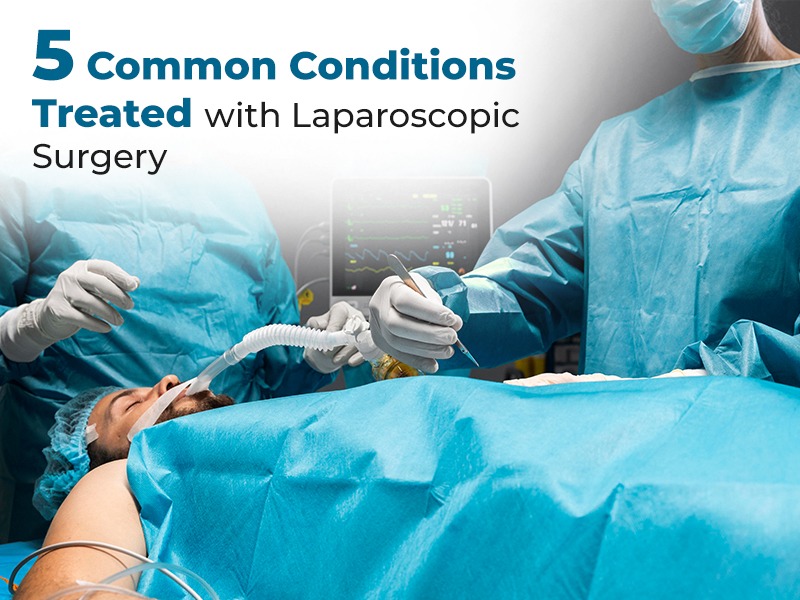Laparoscopic surgery, often called minimally invasive surgery, has changed the way many conditions are treated. With smaller incisions, quicker recovery, and less post-operative pain, it's an option more people are choosing. If you're considering this procedure, here's a breakdown of what to expect at each stage.
Before Surgery: Getting Ready
It all starts with a consultation. The laparoscopic surgeon will discuss several necessary topics with you, such as your medical history, order necessary tests, and explain the procedure's risks and benefits. You might need imaging, blood work, or other evaluations to confirm that you're a good candidate.
Your surgeon will also provide specific instructions, such as:
● Abstaining from consuming food and drink for a set time before surgery.
● Adjusting or pausing certain medications.
● Preferring to arrange a ride home over going by yourself, that too alone.
This is the time to ask questions, get answers to all your questions, and clear all your doubts while mentally preparing for what's ahead.
Part You Play:
● Follow all pre-surgery instructions, including fasting and medication adjustments.
● Arrange transportation and post-surgery support.
● Ask questions to clear up any doubts about the procedure and recovery.
Part of The Surgeon Plays:
● Conducts necessary tests and explains risks and benefits.
● Provides clear instructions tailored to your health condition.
● Ensures you are medically fit for the procedure.
Part The Hospital Plays:
● Offers pre-surgical consultations and medical tests.
● Provides a comfortable environment to you with all means and ways possible for pre-operative care.
● Keep a check on that all safety protocols are in place before surgery.
During Surgery: The Process
Laparoscopic surgery is done under general anaesthesia. Here's how it works:
● Small incisions are made in your abdomen.
● A laparoscope (a thin, lighted camera) is inserted to provide a clear internal view.
● Specialized instruments perform the surgery with precision.
● Once finished, the instruments are removed, and the incisions are closed with sutures or surgical glue.
Surgery can take anywhere from 30 minutes to a few hours, depending on the procedure your health condition demands.
Part You Play:
● Arrive on time for your surgery and follow all preparation guidelines.
● Stay calm and trust the team of the best laparoscopic surgeon and the whole team you chose for the operation.
Part of The Surgeon Plays:
● They use precision techniques to perform the surgery with minimal invasiveness.
● Monitors your vitals and adjusts procedures as needed.
● Certifies a safe and smooth procedure with minimal complications.
Part The Hospital Plays:
● Provides a sterile and well-equipped surgical environment.
● Ensures an experienced surgical team is present.
● Monitor your condition during and immediately after surgery, corroborating everything in the way they are supposed to be.
After Surgery: Recovery and Healing
Once the procedure is done and you are out of the operation theatre under the supervision of the laparoscopic surgeon in Delhi, you'll be monitored in a recovery area before being discharged. Here's what you may expect:
● Right After Surgery: Mild pain, bloating, or discomfort are common, but as observed in previous operations at Park Hospital, they are manageable with prescribed medication.
● Movement and Activity: Light movement is encouraged, but heavy lifting and strenuous activities should be avoided for a few weeks.
● Follow-up Appointments: You must schedule and show up for regular check-ups, which help monitor healing and address any concerns.
● Eating Habits: Start with light, easy-to-digest foods and gradually return to your usual diet.
Since laparoscopic surgery is less invasive, most people return to daily routines within a week or two—much faster than traditional surgery.
Part You Play:
● Follow post-op care instructions, including medication and wound care.
● Attend all follow-up appointments.
● Skip heavy lifting and strenuous activities until your doctor clears them.
Part of The Surgeon Plays:
● Monitor your recovery through follow-up consultations.
● Provides guidance on physical activity and dietary adjustments.
● Addresses any post-surgery complications or concerns.
Part The Hospital Plays:
● Offers post-operative care and observation before discharge.
● Provides emergency assistance if complications arise.
● Ensures a structured follow-up schedule for patients.
When Should You Choose Laparoscopic Over Traditional Surgery?
While laparoscopy is a great option for many procedures, it does not answer every medical requirement and expectation. It's often the preferred choice for:
● Gallbladder Removal (Cholecystectomy): Laparoscopy offers a quicker recovery and less scarring than open surgery.
● Hernia Repair: Minimally invasive techniques reduce pain and speed up healing.
● Gynecological Surgeries: Conditions like endometriosis, ovarian cysts, and fibroids can be treated effectively with laparoscopy, as against the traditional ones.
● Appendectomy: For non-ruptured appendicitis, the keyhole surgery allows for a quicker recovery.
● Diagnostic Purposes: When imaging tests aren't enough, laparoscopy helps diagnose issues like unexplained abdominal pain or infertility.
However, for severe complications, excessive scar tissue, or for some situations, open surgery may still be the safer option. It is best to consult with your surgeon to determine the best approach for your medical problem.
Finding the Right Surgeon For Your Operation
Choosing an experienced laparoscopic surgeon is a big part of getting the best outcome. Look for a board-certified specialist with a solid track record in laparoscopic procedures. Hospitals known for advanced technology and patient-centred care, like Park Hospital, offer top-tier surgical expertise and support.
If laparoscopic surgery is in your future, talking to a trusted specialist is the first step. You can expect a smoother surgery, faster recovery, and better long-term results with the right team and proper care.
Also Read:
● Understanding the Risks and Complications of Laparoscopic Surgery

